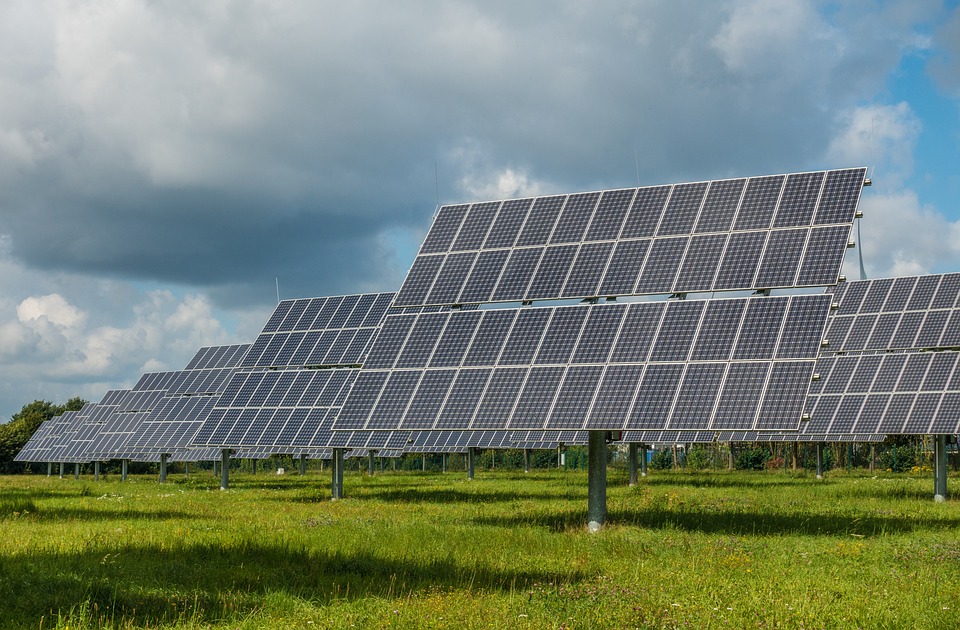Introduction
Environmental policy has become a critical component of modern economies, as governments around the world recognize the importance of protecting the environment and addressing climate change. However, the impact of environmental policy on economic growth is a topic of ongoing debate among economists and policymakers. Some argue that environmental regulations stifle economic growth, while others contend that they can actually stimulate economic growth and innovation.
The Economic Costs of Environmental Policy
One of the primary concerns about environmental policy is its potential impact on economic growth. Environmental regulations can impose significant costs on businesses and consumers, which can lead to decreased productivity and economic output. For example, the implementation of a carbon tax or cap-and-trade system could increase the cost of energy for businesses and households, leading to higher production costs and potentially even job losses.
Increased Production Costs
Environmental regulations can impose significant costs on businesses, which can be passed on to consumers in the form of higher prices. This can lead to decreased demand for goods and services, which can negatively impact economic growth. For example, the implementation of stricter pollution regulations could increase the cost of production for manufacturers, which could lead to higher prices for consumers and potentially even job losses.
Job Losses
Environmental regulations can also lead to job losses, particularly in industries that are heavily reliant on fossil fuels. For example, the implementation of a carbon tax could lead to job losses in the coal industry, as coal becomes a less viable source of energy. This can have negative impacts on local communities and the overall economy.
The Economic Benefits of Environmental Policy
Despite the potential costs of environmental policy, there are also significant economic benefits to be gained. For example, investing in clean energy and reducing greenhouse gas emissions can create new jobs and stimulate economic growth. Additionally, environmental regulations can help to reduce the economic costs of pollution and other environmental degradation.
Job Creation
Investing in clean energy and reducing greenhouse gas emissions can create new job opportunities in industries such as renewable energy, energy efficiency, and sustainable infrastructure. This can help to stimulate economic growth and reduce unemployment rates.
Economic Benefits of Reduced Pollution
Environmental regulations can also help to reduce the economic costs of pollution and other environmental degradation. For example, reducing air and water pollution can improve public health and reduce the costs associated with healthcare and other environmental-related expenses. This can help to increase economic productivity and reduce the economic burden on households and businesses.
Critical Analysis
While there are potential economic costs and benefits associated with environmental policy, a critical analysis of the existing literature suggests that the benefits of environmental policy are likely to outweigh the costs.
Stimulating Economic Growth
Research has shown that investing in clean energy and reducing greenhouse gas emissions can stimulate economic growth and create new job opportunities. For example, a study by the International Renewable Energy Agency found that investing in renewable energy could create over 24 million jobs worldwide by 2030.
Reducing Economic Costs of Pollution
Environmental regulations can also help to reduce the economic costs of pollution and other environmental degradation. For example, a study by the World Bank found that reducing air pollution could improve public health and reduce healthcare costs by over $20 billion annually.
Conclusion
In conclusion, while there are potential economic costs and benefits associated with environmental policy, a critical analysis of the existing literature suggests that the benefits of environmental policy are likely to outweigh the costs. Investing in clean energy and reducing greenhouse gas emissions can stimulate economic growth and create new job opportunities, while environmental regulations can help to reduce the economic costs of pollution and other environmental degradation. As policymakers continue to navigate the complex relationship between environmental policy and economic growth, it is essential to consider the long-term benefits and costs of environmental policy and to prioritize investments in clean energy and sustainable infrastructure.
FAQs
Q: What are the potential economic costs of environmental policy?
A: Environmental policy can impose significant costs on businesses and consumers, including increased production costs and job losses.
Q: What are the potential economic benefits of environmental policy?
A: Environmental policy can stimulate economic growth and create new job opportunities in industries such as renewable energy, energy efficiency, and sustainable infrastructure.
Q: Can environmental regulations help to reduce the economic costs of pollution?
A: Yes, environmental regulations can help to reduce the economic costs of pollution and other environmental degradation by improving public health and reducing healthcare costs.
Q: Is investing in clean energy and reducing greenhouse gas emissions effective in stimulating economic growth?
A: Yes, research has shown that investing in clean energy and reducing greenhouse gas emissions can stimulate economic growth and create new job opportunities.







